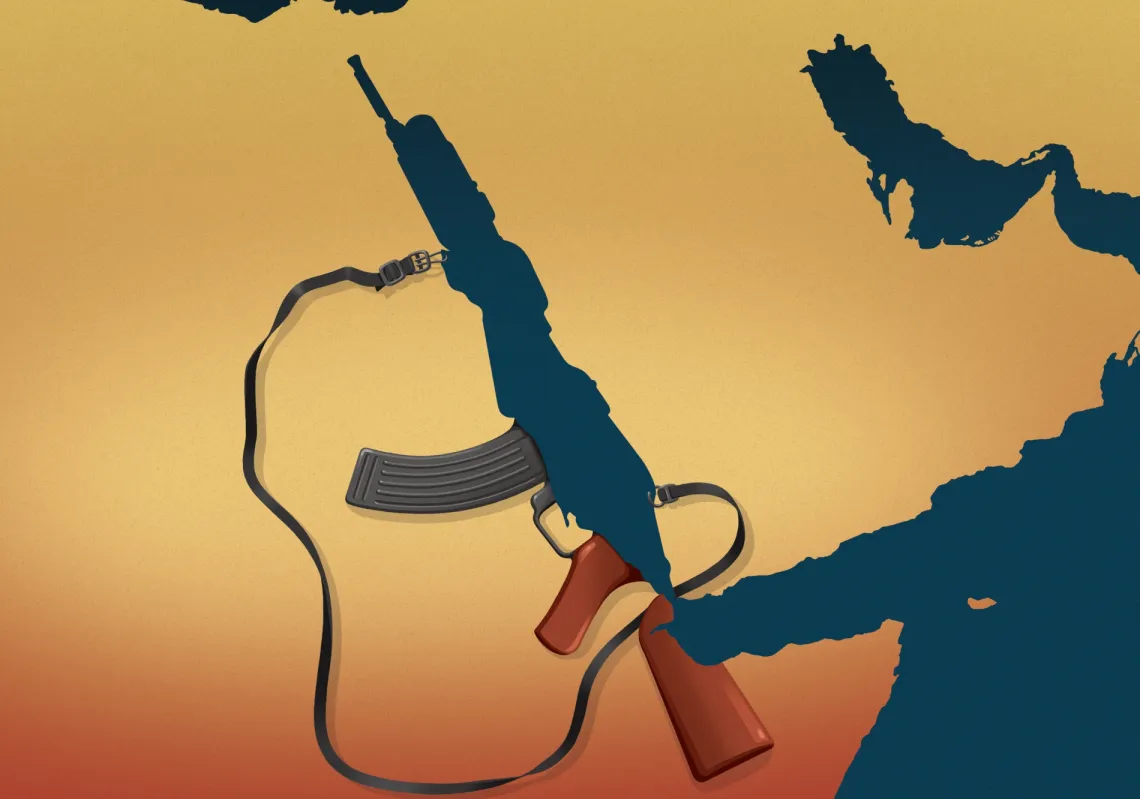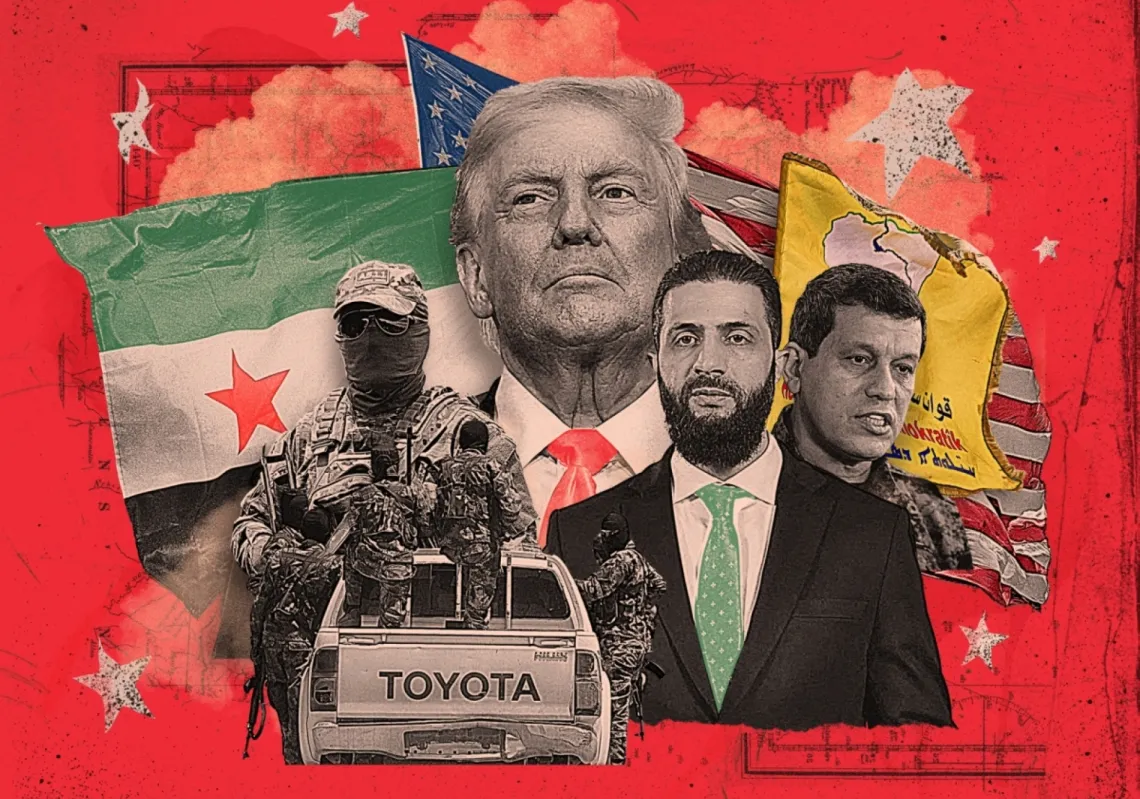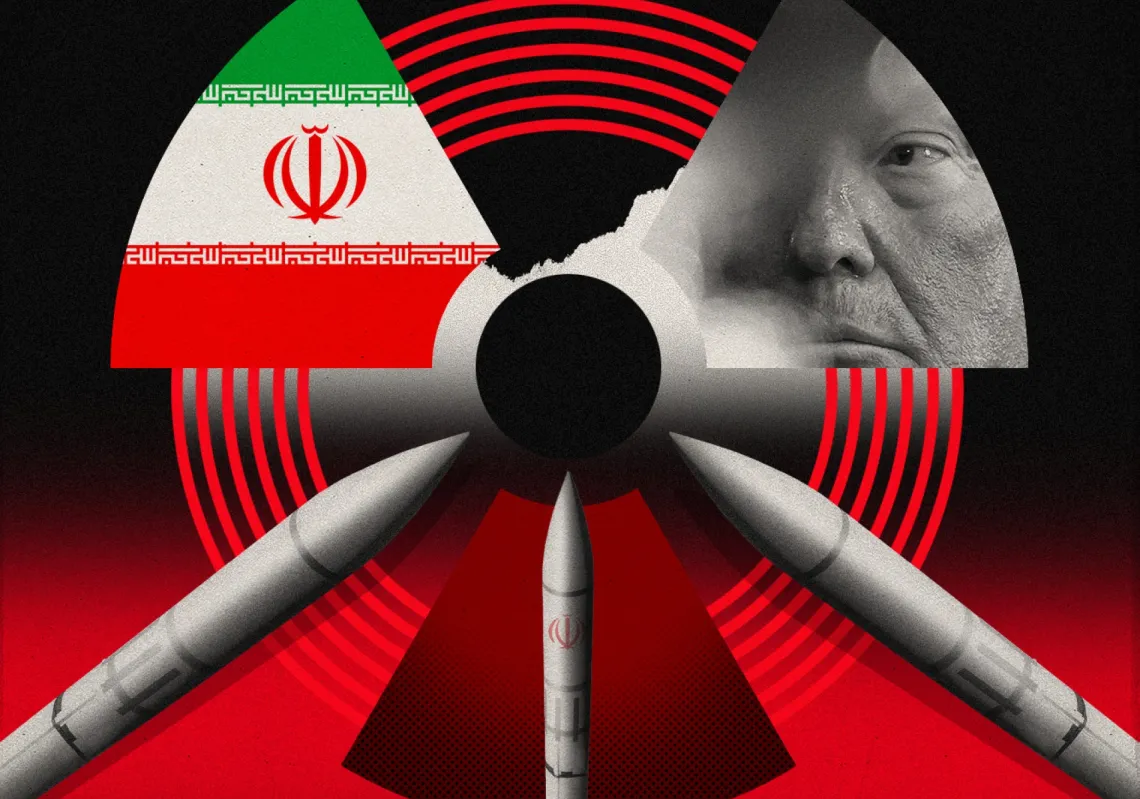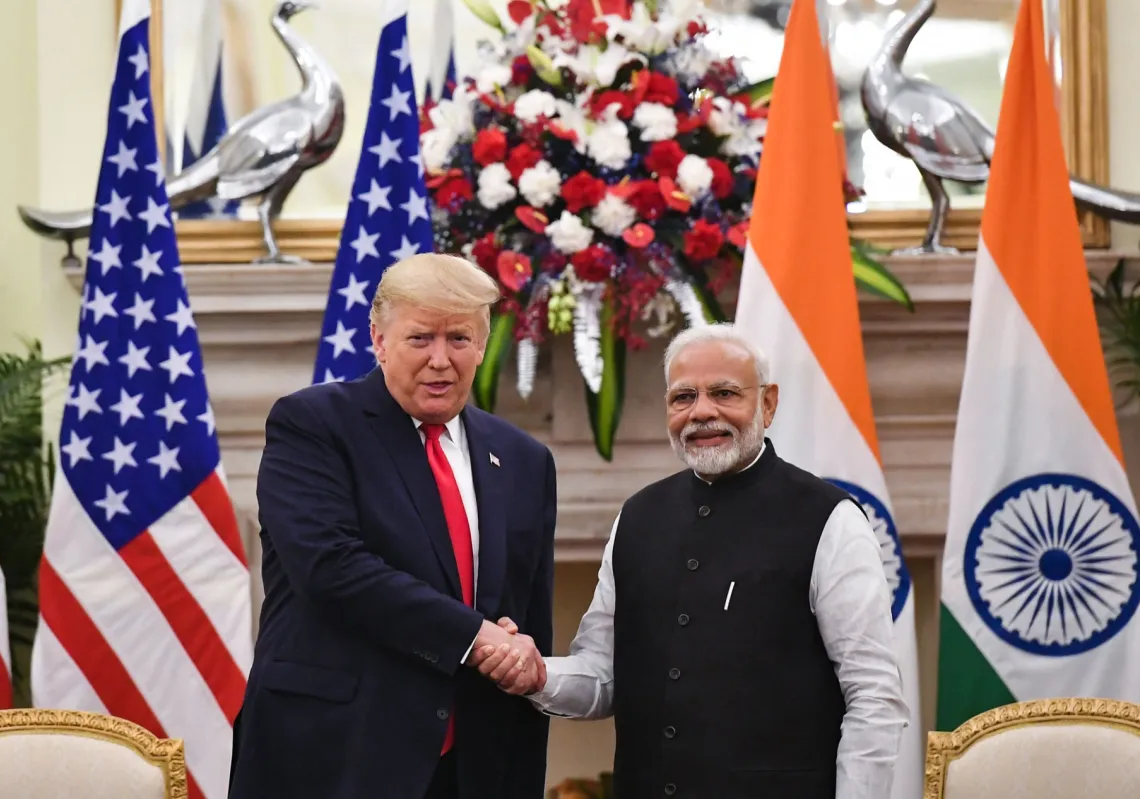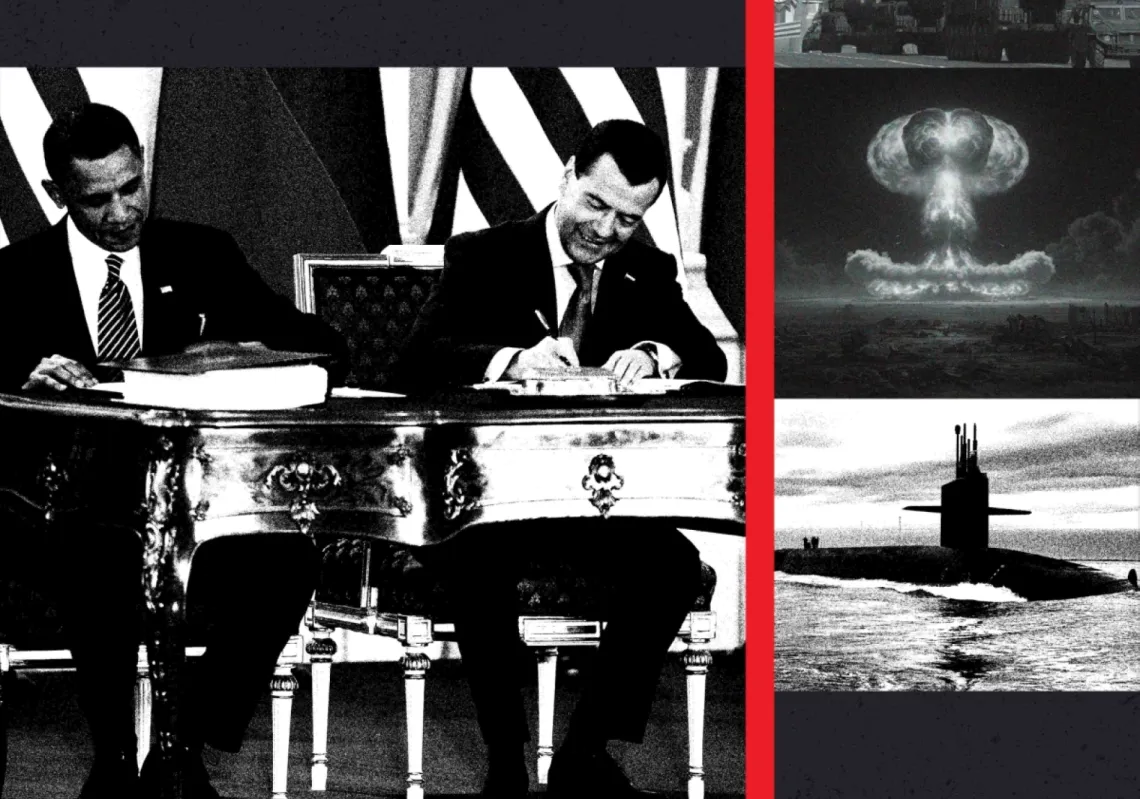The year 2022 did not witness any breakthrough in the intractable conditions of the Palestinians, their internal situation, the status of their political entities, and their relationship with Israel — and their place on the Arab and international agenda has not changed.
In fact, despite their suffering and sacrifices, the Palestinians have only encountered more difficulties, even with their resilience and resistance in confronting Israeli policies.
Last year witnessed a significant escalation regarding the Israeli targeting of Palestinians. Israel degraded the Palestinian leadership's status, undermined their authority, and perpetuated the level of its colonial domination over them across the spectrum of security, economic, administrative, and political issues.
Undermining the Palestinian Authority
One of the most significant developments in Israel's relationship with the Palestinians — after undermining the Oslo Accords — is probably the shift from battling with the Palestinian Authority (PA) over the land in the West Bank to battling with it over the people, too, by curbing its role, reducing its financial resources, imposing restrictions on it, and humiliating it in front of the Palestinian people.

Israel continued its invasion of Palestinian cities, assassination of activists, demolition of homes, furthering their economic and administrative dependence and restoring the role of the civil administration, which is, under the new Israeli government, in the hands of Minister Bezalel Smotrich, the leader of the Religious Zionist Party.
Israel is seeking to absolve itself from the solution of the Palestinian state, consolidate its occupation of the West Bank, and keep the Palestinian Authority within the bounds of self-government.
In return, it pursues the idea of "economic peace" to improve the Palestinians' economic and social conditions through three things.
First, Israel activated and strengthened the "civil administration" role, which is supposed to have handed over its powers to the PA (according to the Oslo Accords). Secondly, the expansion in the employment of Palestinian workers, from the West Bank and Gaza, directly without the agency of the PA, strengthens Israel's relations with Palestinians and increases their dependence on Israel.
There are 200,000 Palestinian workers in the Israeli labour market, and Israel wants to raise the figure. There are 250,000 workers in Gaza that have registered to apply for work permits in Israel.
Thirdly, expanding the base of beneficiaries of the direct relationship with Israel (VIP card holders), senior officials in the Palestinian Authority, traders, contractors, and businessmen, who have interests and privileges to gain from the relationship with Israel, also benefits Israel.
As for Palestinian dependence on Israel, Israeli diplomat Alon Pinkas said in the Haaretz, "There is one currency, one tax umbrella, and one foreign trade. Fifty-five per cent of Palestinian imports come from Israel, and 80 per cent of Palestinian exports are destined for Israel."
He continued: "About 80,000 Palestinians work in Israel in the construction market; the other 15,000 work in industry and services. The Palestinian Authority's annual budget is $5.7 billion, 65 per cent of which comes from taxes levied by Israel."








